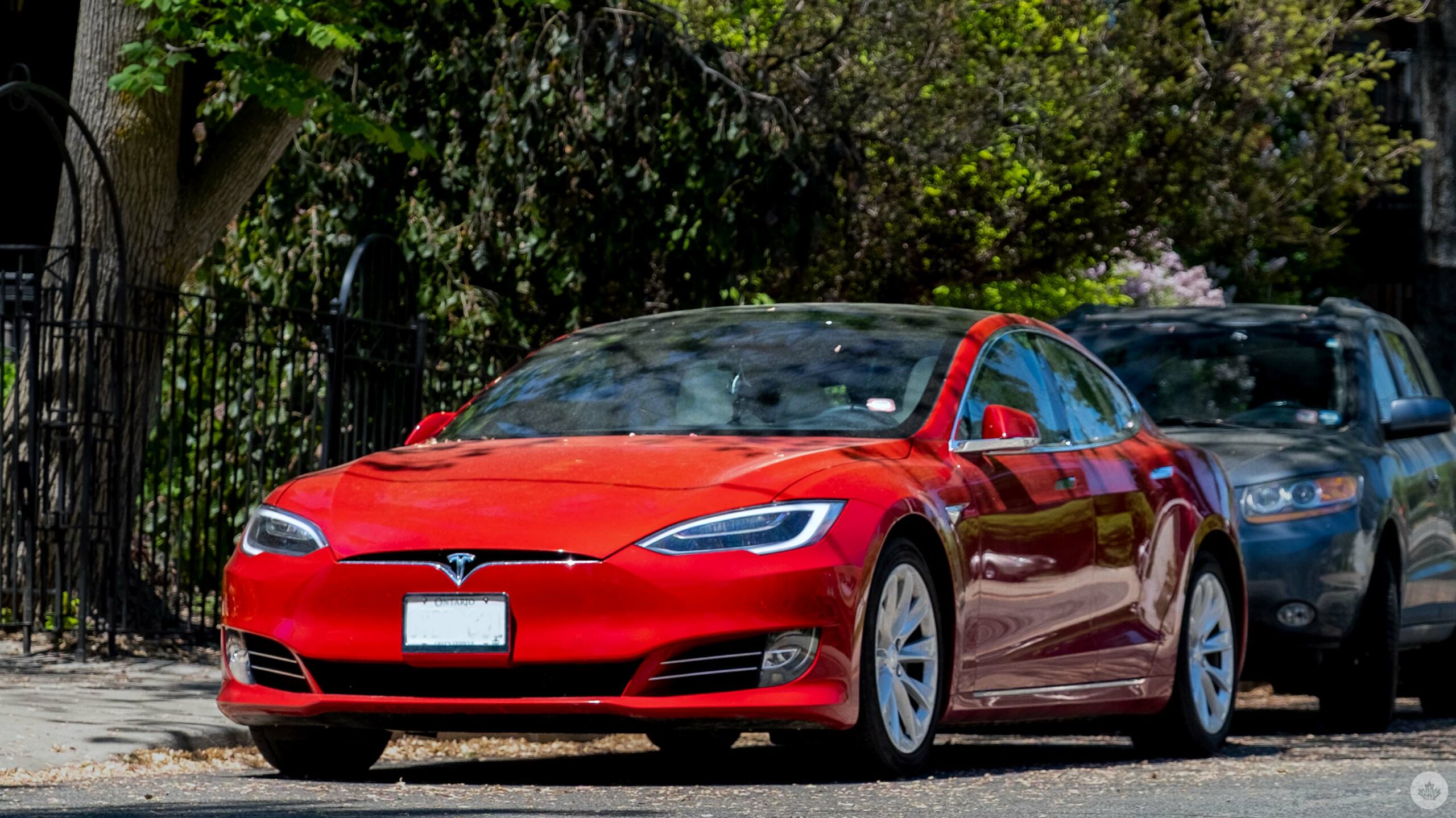
In a contentious snap-election called in the middle of an ongoing global health crisis, the development of zero-emission vehicles in Canada is shaping up to be one of the few subjects that all five major federal parties agree on — though each has a different opinion on how to go about doing it.
Here’s what each party has promised so far:
Bloc Québécois
The Bloc wants to introduce a zero-emission law that would require car dealerships to always have an adequate inventory of electric vehicles available to prospective buyers.
They would also revamp the federal government’s ground transportation fleet to only include zero-emission vehicles.
Conservative Party of Canada
The Conservatives are committing to require that 30 percent of all light-duty vehicles sold in Canada be zero-emission by 2030. They also want to beef up Canada’s electricity grid and infrastructure to support that goal. As of April 2021, 3.5 percent of new vehicle registrations in Canada are ZEVs, with 71.8 percent of those registrations being electric vehicles.
The party promises to invest $1 billion towards electric vehicle manufacturing in Canada, and another $1 billion towards hydrogen vehicles and technologies.
They want to work with the U.S. to establish North American standards for electric charging stations, update the Canadian building code to make charging stations a required feature, and encourage provinces and territories to mandate that new developments include EV charging stations.
The Conservatives also want to ensure that every federal or public building with parking is equipped with charging stations by 2025.
Finally, the party emphasized a general commitment to recycling and repurposing electric vehicle batteries, in order to reduce waste and decrease vehicle resale costs.
Green Party of Canada
The Green Party, as you might expect, have made several campaign promises to invest in green transportation — and banning the sale of internal combustion engine passenger vehicles entirely by 2030 is their biggest and most specific one.
In addition to increasing the number of electric vehicle charging stations across Canada, particularly in non-urban areas, the Green Party also wants to establish federal grants and buy-back programs aimed at encouraging people to purchase electric cars.
The party says it would institute a zero-carbon policy for all public transportation, mandate that all Canadian transportation sectors transition to renewable energy sources, expand the VIA Rail network to include a Crown corporation-run bus system, and work to improve the country’s cycling and walking infrastructure.
Liberal Party of Canada
The Liberals are campaigning on a promise that a minimum of half of all passenger vehicles sold in Canada will be zero-emission by 2030, with the ultimate goal of hitting 100 percent of sales being EVs by 2035.
In addition to building 50,000 charging stations, the party says it’ll offer $5,000 in federal incentives for people who purchase zero-emission vehicles, as well as $5,000 in grants and $40,000 in interest-free loans towards retrofitting initiatives.
New Democratic Party of Canada
The NDP is also promising to ensure 100 percent of all new car sales in Canada are zero-emission vehicles by 2035.
To hit this goal, the NDP will waive the federal sales tax on EV purchases and expand federal incentives to purchase EVs to up to $15,000 per family for Canadian-made vehicles.
The party wants to invest in charging infrastructure across Canada and says it will provide rebates on plugin charger installation costs for Canadians who buy new or used EVs.
The NDP is also extending their zero-emission efforts to public transit, stating that they will continue to advance the push for zero-emission buses and electric trains, with the aim of “electrifying transit and other municipal fleets by 2030.”
Finally, the NDP promises to launch a research centre dedicated towards the development of EVs, and related technologies like hydrogen, batteries, and energy storage solutions.
Update 09/09/2021 9:52am ET: This story has been updated to include the Green Party of Canada’s 2021 election platform, which was released on September 7th, 2021, after this story was first published.
MobileSyrup may earn a commission from purchases made via our links, which helps fund the journalism we provide free on our website. These links do not influence our editorial content. Support us here.


